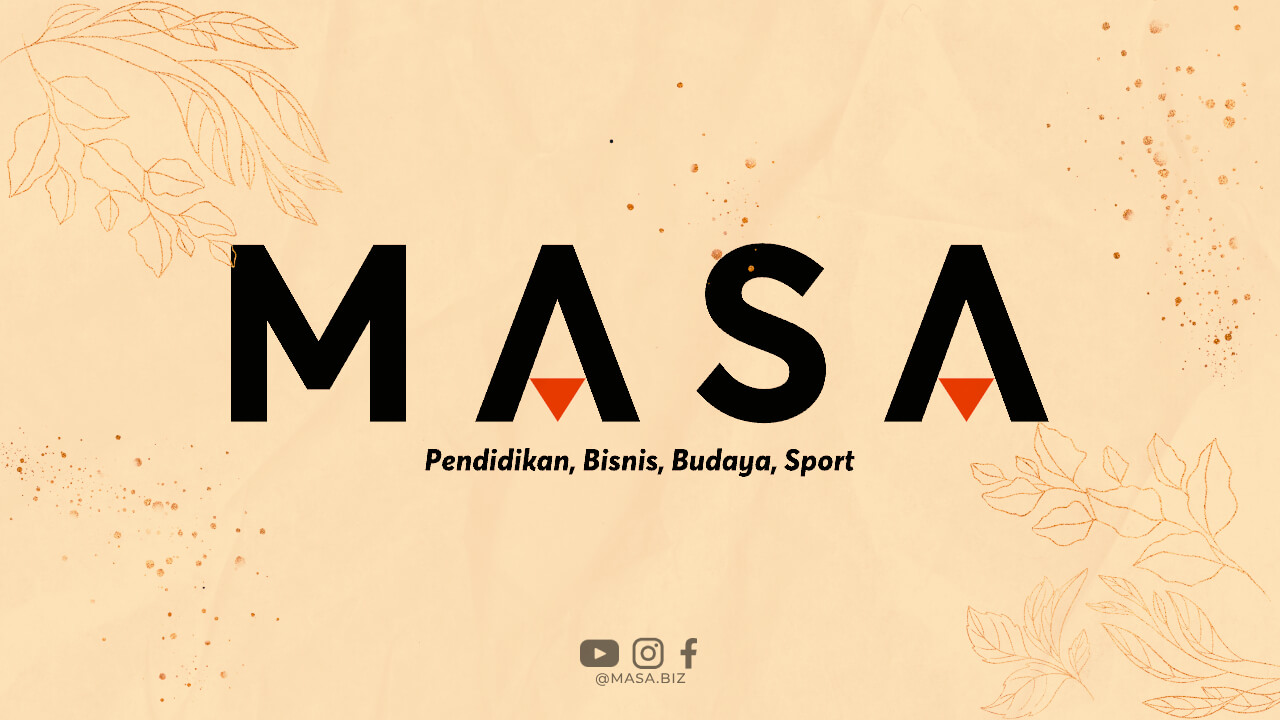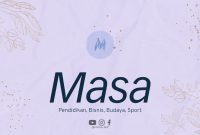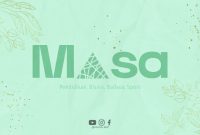What is the Purpose of This Article?
The purpose of this article is to provide valuable information about the topic “The Following Text is for Questions” and how it can be used for SEO purposes and ranking on the Google search engine. By understanding the importance of creating optimized content and using relevant keywords, you can increase your website’s visibility and attract more organic traffic.
Understanding SEO and Its Significance
SEO, or Search Engine Optimization, is the practice of optimizing your website and its content to improve its visibility on search engine results pages (SERPs). It involves various techniques, such as keyword research, on-page optimization, and link building, to increase organic traffic and enhance your website’s ranking on search engines like Google.
Having a solid understanding of SEO is crucial for online businesses and website owners. It helps to ensure that your website appears at the top of search results when users search for relevant keywords or phrases related to your industry. This increased visibility can lead to more organic traffic, higher conversions, and ultimately, improved business success.
SEO is a long-term strategy that requires continuous effort and optimization. By staying updated with the latest SEO trends and algorithms, you can adapt your strategies and stay ahead of the competition. With millions of websites vying for attention on search engines, implementing effective SEO techniques can give you a competitive edge and help you stand out in the digital landscape.
Why is Ranking on Google Important?
Google is the most widely used search engine, with billions of searches conducted every day. When users are looking for information, products, or services, they often turn to Google for answers. Therefore, ranking high on Google’s SERPs is essential for increasing your website’s visibility and attracting relevant visitors.
When your website ranks higher on Google, it implies credibility and trustworthiness. Users tend to trust websites that appear at the top of search results, as they consider them more reliable and authoritative. This trust factor can positively impact your brand reputation and lead to increased user engagement and conversions.
Furthermore, studies have shown that the majority of users rarely venture beyond the first page of search results. If your website doesn’t appear on the first page, you are likely missing out on valuable organic traffic. By improving your website’s ranking on Google, you have a better chance of reaching your target audience and driving more qualified visitors to your site.
The Importance of Long Tail Keywords
Long tail keywords are longer and more specific keyword phrases that target a niche audience. They usually consist of three to five words and are more precise and descriptive compared to generic keywords. Incorporating long tail keywords into your content can be highly beneficial for SEO purposes.
Long tail keywords have lower search volume and competition compared to broad keywords. This means that by targeting relevant long tail keywords, you have a higher chance of ranking well in search results. Additionally, long tail keywords often indicate that the user has a specific intent, making them more likely to convert into a customer or take a desired action on your website.
For example, if you have an online store selling organic skincare products, targeting a long tail keyword like “best organic face moisturizer for sensitive skin” can help you attract highly targeted traffic. Users searching for this specific keyword are more likely to be interested in making a purchase, resulting in higher conversion rates.
Creating Valuable Content
Creating valuable and informative content is a fundamental aspect of SEO. When users search for information, they expect to find relevant and helpful content that answers their questions or solves their problems. By providing high-quality content, you can attract more visitors, encourage them to stay on your website longer, and establish yourself as an authoritative source in your industry.
When creating content, it’s important to understand your target audience and their needs. Conduct thorough research to identify the topics and keywords that are relevant to your industry and align with your audience’s interests. By addressing these topics in your content, you can position yourself as an expert and build trust with your readers.
Furthermore, ensure that your content is well-structured and easy to read. Use headings, subheadings, and bullet points to break up the text and make it more scannable. Incorporate relevant images, videos, or infographics to enhance the visual appeal and engagement of your content.
Optimizing Your Content
Optimizing your content involves incorporating relevant keywords strategically. Start by conducting keyword research to identify the long tail keywords that are relevant to your topic. Consider using keyword research tools or analyzing search engine autocomplete suggestions to find popular and frequently searched terms.
Once you have a list of keywords, insert them naturally into your content. However, avoid keyword stuffing, as it can negatively impact your SEO efforts. Aim for a keyword density of 1-2% and focus on creating high-quality, informative content that satisfies the user’s search intent.
In addition to keywords, optimize other on-page elements of your content, such as the title tag, meta description, and URL. Your title tag should include your primary long tail keyword and be concise and catchy. The meta description should provide a brief summary of your content and entice users to click through to your website from the SERPs. Ensure that the URL is descriptive and includes relevant keywords.
Writing Engaging Meta Tags
Meta tags are HTML elements that provide information about your web page to search engines. They include the title tag, meta description, and meta keywords. While meta keywords no longer hold significant weight in SEO, the title tag and meta description are still crucial for attracting users and improving click-through rates.
Your title tag should accurately describe the content and include your primary long tail keyword. It should be compelling and encourage users to click on your website when they see it in the search results. Aim for a title tag length of around 50-60 characters to ensure it appears fully in the SERPs.
The meta description should provide a concise summary of your content and give users a reason to visit your website. Consider including a call-to-action or highlighting the value proposition of your content. Aim for a meta description length of around 150-160 characters to ensure it appears fully in the SERPs.
Link Building Strategies
Link building is an essential component of off-page SEO. It involves acquiring high-quality backlinks from other websites to improve your site’s authority and credibility in the eyes of search engines. Implementing effective link building strategies can help your website rank higher on Google and attract more organic traffic.
One of the most effective link building strategies is guest blogging. Identify authoritative websites in your industry and reach out to them with high-quality content ideas. By contributing guest posts, you can earn valuable backlinks to your website and increase your brand exposure.
Another strategy is creating shareable content. Develop informative and engaging content that provides value to your target audience. When people find your content helpful and share it on social media or link to it from their websites, you gain valuable backlinks and exposure.
Reaching out to influencers in your industry is another effective link building tactic. If influencers find your content valuable, they may share it with their followers, resulting in increased visibility and potential backlinks.
Monitoring and Analyzing Performance
Once you have optimized your content and implemented various SEO strategies, it is essential to monitor and analyze your website’s performance. This will help you identify what is working well and what areas need improvement. By leveraging data and insights, you can make informed decisions to further enhance your SEO efforts.
Use tools like Google Analytics to track your organic traffic, bounce rates, and keyword rankings. Analyze the data regularly to identify trends and patterns. For example, if you notice that certain keywords are driving a significant amount of traffic, consider optimizing your content further around those keywords.
Monitor your website’s backlink profile using tools like Ahrefs or Moz to ensure that you are earning high-quality backlinks. Analyze your competitors’ backlink profiles to identify new link building opportunities or strategies that you can implement.
Regularly reviewing and assessing your SEO performance will allow you to adapt and refine your strategies to improve your website’s visibility and ranking on Google.
Conclusion
Optimizing your content for SEO purposes and ranking on the Google search engine is crucial for increasing your website’s visibility and attracting organic traffic. By understanding the importance of long tail keywords, creating valuable content, optimizing meta tags, implementing effective link building strategies, and monitoring your performance, you can improve your website’s ranking and ultimately drive more relevant visitors to your site.




